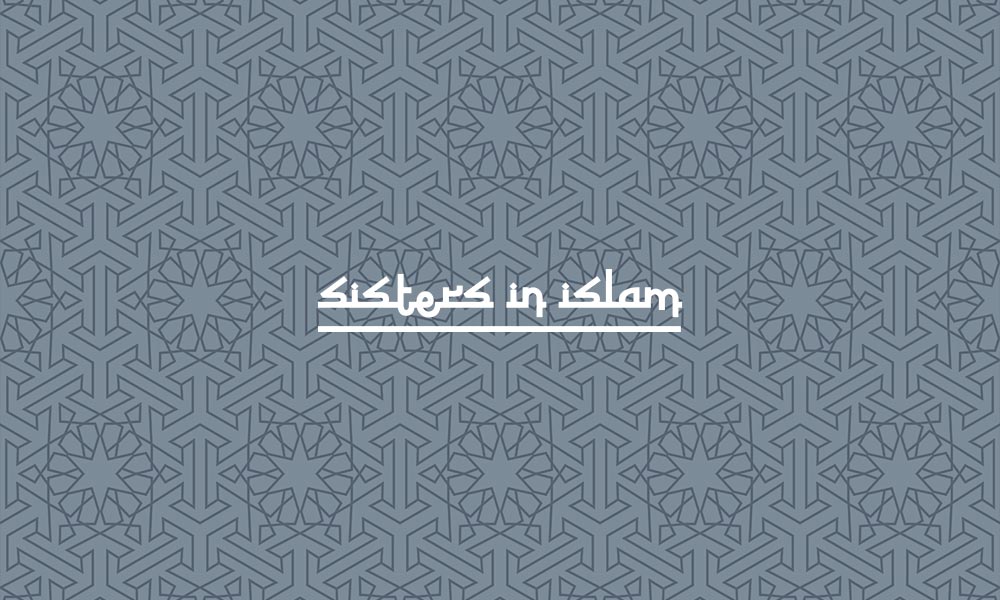Sisters in Islam views with concern the punitive action taken by the Malaysian authorities on Ayah Pin and members of the Sky Kingdom. This attempt has resulted in detention of the 48 followers – including a three-year-old boy -without bail pending re-mention of their case on July 28th, and a state-wide police search for Ayah Pin. In addition, some quarters – including religious leaders and politicians – have even called for the use of detention without trial on the followers.
On July 18, a mob of 30 to 35 masked persons launched a pre-dawn attack on Kampung Batu 13 in Hulu Besut. Two days later, the state religious department, aided by the police, arrested 58 villagers, including children, most of whom will be charged under the Shariah Criminal Offences Enactment for practicing a ‘deviant religion’.
The saga of the Sky Kingdom shows how religious authorities use state and federal resources to punish Ayah Pin and his followers. This happens despite the principle of freedom of religion clearly affirmed in the Qur’an and reflected in Article 11 of the Federal Constitution and Article 18 of the Universal Declaration of Human Rights.
The Qur’an is explicit and consistent in its recognition of freedom of religion. Surah al-Baqarah verse 256 states, “There is no compulsion in matter of faith.” (Ahmed Ali translation). This Medinan verse was revealed when some companions asked Prophet Muhammad for permission to coerce their relatives to profess Islam. It has been widely interpreted to mean that no one can be compelled to embrace Islam.
How can religious authorities and Muslims demand that those wishing to convert to Islam should have all the freedom to do so yet at the same time, deny this freedom to Muslims who wish to leave their faith or believe otherwise?
In Surah Yunus, 10:99, Allah addressed the Prophet: “If your Lord had willed, all the people on the earth, would have come to believe, one and all. Are you going to compel the people to believe except by God’s dispensation?” In another verse, Surah an-Nahl, 16:125, Allah said: “Call them to the path of your Lord with wisdom and words of good advice; and reason with them in the best way possible.”
Such messages in the Qur’an should not be translated into detention and forced rehabilitation for those who believe differently. Freedom of religion must recognise the right to practice one’s religion, however unorthodox the beliefs may be. This right includes the freedom to change one’s religion or belief, either alone or in community with others, in public or private.
Followers of unorthodox beliefs should be treated with respect and dignity. Unless they resort to violence – and there has been no evidence of such – there is no basis to claim them a threat to the rule of law, let alone our nation’s security.
Islam began by inviting and persuading people to embrace it on the merit of its rationality and truth. If truly, the religious authorities are concerned about the spiritual practices of Ayah Pin and his followers, then the path to be taken is not through punishment and mandatory detention, but through education and dialogue.
The Qur’an has given us explicit guidance on this: “Call them to the path of your Lord with wisdom and words of good advice; and reason with them in the best way possible”, not detain them without bail, separate them from their children and family members, send them for forced rehabilitation and expect them to submit to the religion that has been imposed upon them.
The duty of the Faithful is to advocate and educate, not to chastise and coerce. In Surah al-Hajj, 22:68-69, Allah said: “If they argue with you, tell them: ‘God knows well what you are doing.’ God will judge between you on the Day of Judgement in what you are at variance.”
Sisters in Islam is against any effort to criminalise people on the basis of their faith. In the current context of many groups using violence and terror in the name of religion, it is imperative that we uphold and respect the right of believers to peacefully practice their faith.
Sisters in Islam
27 July 2005
